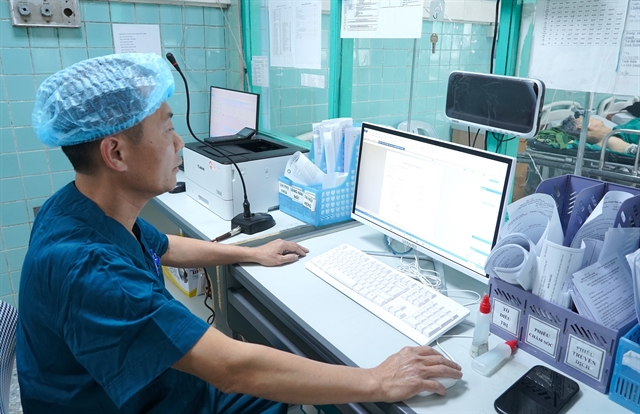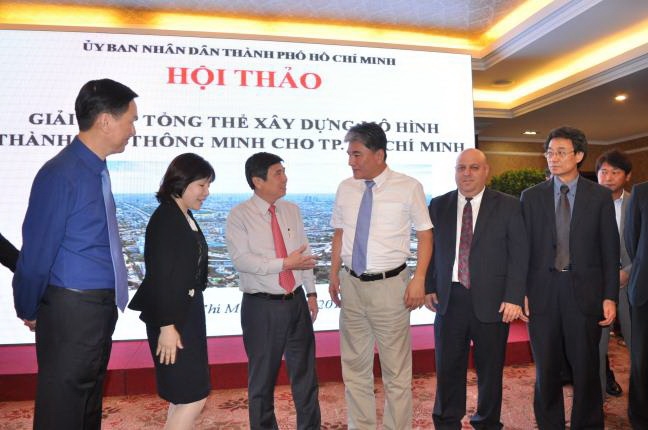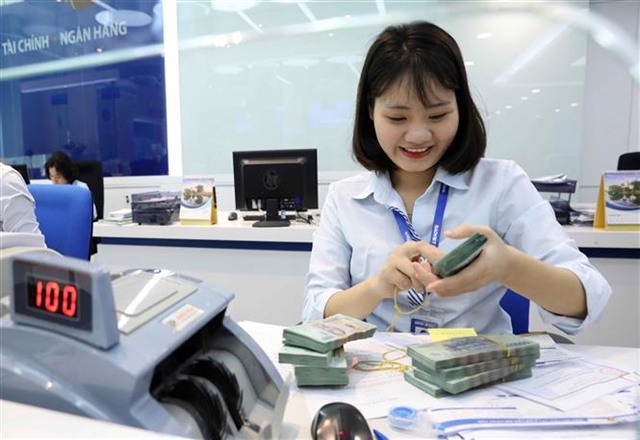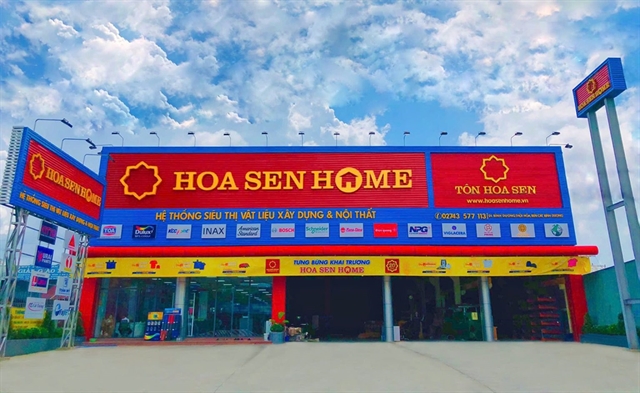 Society
Society

" />Local and international experts have discussed smart city innovative solutions to address challenges in various fields that HCM City faces.
 |
| The chairman of the HCM City People’s Committee, Nguyễn Thành Phong, speaks with international experts at a seminar on Thursday on making the southern metropolis a smart city. Photo phunuonline.com.vn |
HCM CITY — Domestic and international experts discussed ways to overcome the various challenges HCM City faces and make it a smart city at a seminar on Thursday.
"Digital cities are developed by achieving digital transformation through people-first innovation," Nguyễn Hoàng Giang, a technical expert from Microsoft Việt Nam, said.
Public services were delivered more efficiently and effectively while fostering engagement between citizens and city governments, he said.
Digital cities connect people and information across boundaries, enable remote and online collaboration, and allow citizens greater access to services and interaction with officials.
"They provide ’always-on’ access with a central online resource where citizens can look up information about needed services, apply for permits, pay bills and log requests at digital cities," he said.
Public safety with real-time, responsive data should be strengthened for developing safer cities and health management, while remote care and case management should be improved for healthier cities, he said.
Sustainable cities were developed with more intelligent transport systems being built while sustainable cities optimise energy and build efficiency, he added.
Singaporean experts suggested that an intelligent transport system should be developed in HCM City, including by upgrading of traffic signal systems that connect with traffic control centres and traffic surveillance camera systems in the first phase in 2016-18.
It should be developed using geographic information systems as well as weight control systems in the second phase in 2018-20, they said.
Loreen Weintraub, general director of South East Asia at Orca Group International, said "The city should set up a management centre capable of collecting data from and controlling intelligent environment monitors, water treatment sensors and waste collection and transport systems besides training human resources."
It should upgrade its automated air monitoring system, including monitoring stations, he said. The city has nine air monitoring stations, which have deteriorated badly.
Air pollution is very high, with its pollution index estimated at 94.19 and pollution exp scale at 170.38.
Yale University’s Environment Protection Index ranks Việt Nam 131st out of 180 nations this year.
The city discharges around 7,000-7,500 tonnes of domestic waste daily besides 1.2 million cubic metres of untreated wastewater.
Intelligent water resource management should also be developed to ensure the sustainability of water resources in the city, Weintraub said.
Experts from Japan, Singapore, Israel, South Korea, Taiwan, and Malaysia presented innovative technologies for smart and safe city solutions for education, healthcare, intelligent transportation, public safety for incident prevention and emergency response.
Innovative solutions to address flooding, waste and wastewater treatment as well as food safety and hygiene and start-up incubation were also discussed.
Trần Vĩnh Tuyến, deputy chairman of the city People’s Committee, said his administration would instruct related agencies to study the ideas and solutions presented at the seminar to choose appropriate ones to make HCM City a smart city.
The seminar was organised by the city in co-ordination with Advance International Corporation JSC. — VNS




